Virgin Australia plans pet-friendly flights
If CASA allows it, small pets would no longer need to fly in the cargo hold.
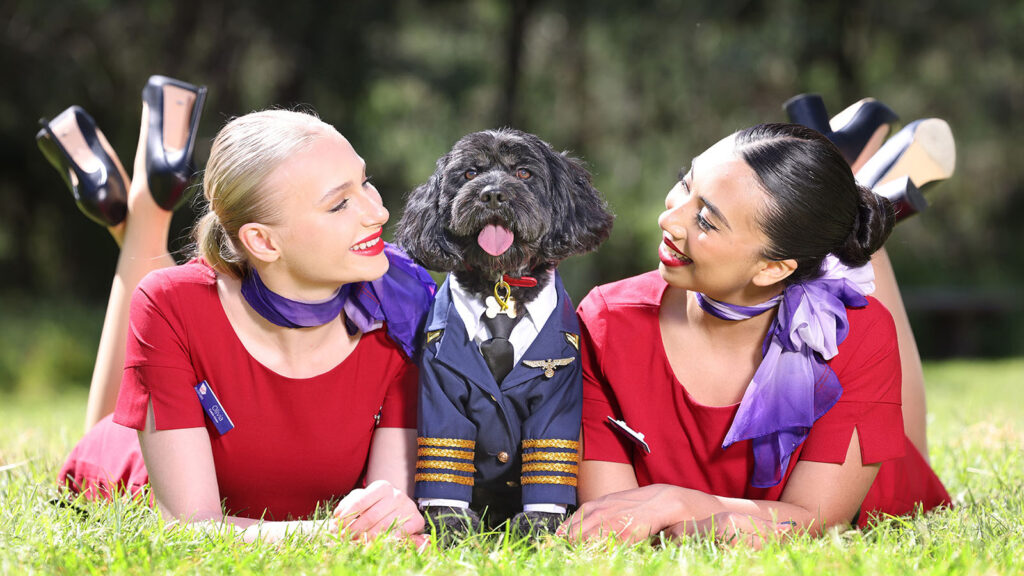
What we'll be covering
Virgin Australia hopes to welcome pets into aircraft cabins as early as next year, a move the airline believes will encourage pet owners to travel more frequently. While still subject to regulatory approval, pets would be able to fly in the cabin purely for leisure—not just as assistance animals, as is the case today.
The airline – now under the control of Boston-based Bain Capital – notes that almost all North American carriers offer this service already: including Virgin Australia’s partners Air Canada and United Airlines. But Virgin Australia’s policy will be a little tamer. Don’t expect an emotional support emu or a therapeutic tarantula to fly. But small cats and dogs would be A-OK.
Overwhelmingly, our guests tell us they want to travel with their pets, and we are now on a journey to make that a reality. It’s something that commonly happens overseas and is proven to work well.
Almost 70 per cent of Australian households have a pet, so this announcement is really significant for a large proportion of the country. It’s also a great thing for pet-friendly accommodation providers who will benefit greatly from increased connectivity and the ease for travellers to fly with their pets. It really will be a whole new economy for pet travel in Australia.
– Jayne Hrdlicka, Virgin Australia CEO, 7 March 2024
Do people really want pets on Virgin Australia flights?
Virgin Australia is clearly keen to move forward in welcoming fuzzy friends on board. But what do passengers think? The airline polled its Facebook followers back in 2021 to find out.
Of all who responded—including those who don’t have pets themselves—85% were in favour of allowing pets on board. During further market research in 2023, over two-thirds of pet owners surveyed said they’d travel with their pet in the cabin if the airline allowed it. And 57% of pet owners said they’d fly more regularly if the policy came into place.
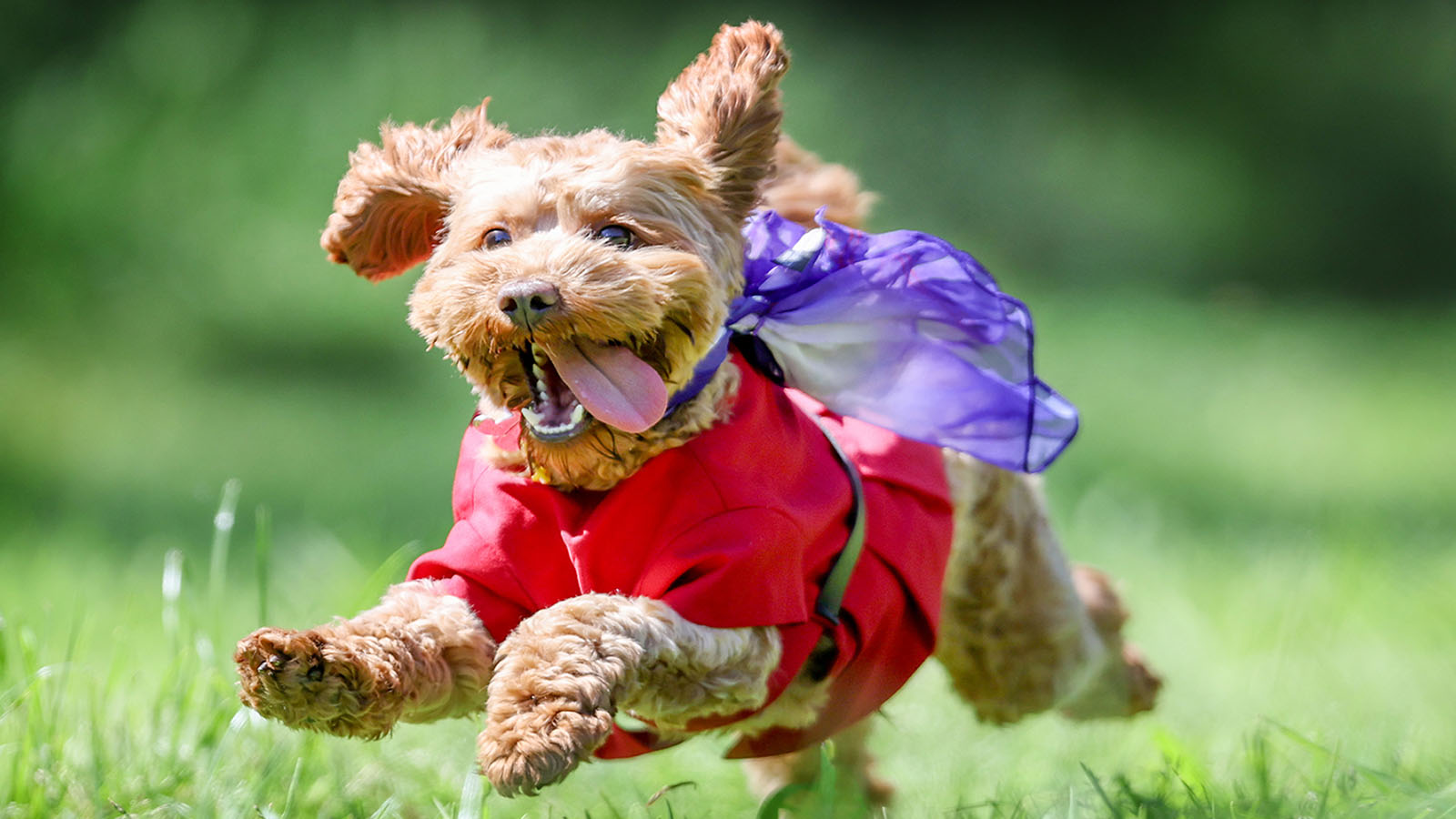
Of course, it’s fair to highlight that the 2023 research polled only 643 Australian travellers, of which, 426 were pet owners. For context, the airline’s Velocity Frequent Flyer program has over 11 million members among its ranks. Assuming those surveyed were all Velocity members, this means that only around 0.005% of the Velocity base gave their input.
Regardless of opinion, though, pets flying for leisure won’t be allowed into the cabin without regulatory approval. This needs to come from the Civil Aviation Safety Authority (CASA) and could take 12 months to consider. There’s no change to the procedure for travelling with genuine assistance animals, for which no fee applies.
Where pets are joining the flight just for fun, Virgin Australia intends to charge a fee. The cost of this fee has not yet been disclosed. Pets can currently travel as cargo, which will remain an option even if these plans move ahead.
What rules would the airline adopt for pets on flights?
Virgin Australia seems mindful not to go entirely down the route of what happens in North America. Instead, if regulatory approval comes through, there’ll be some strict policies in place designed to keep everybody happy.
Pets allowed to fly in the cabin will be limited to small cats and dogs only. As well, pets will only be permitted on certain, pre-defined domestic routes. It’s not yet known which routes these will be and whether those excluded would be based on flight length, passenger demographics or other requirements.
Those travelling with a pet in the cabin will only be able to sit in a small number of specific, pre-designated rows. Those with pet allergies or who otherwise wish to avoid being near an animal could, therefore, choose a seat away from these areas.
Pets could not roam freely about the cabin or go for walks up and down the aisle. They won’t be allowed to sit on people’s laps or to rest openly on the floor. Instead, they’ll need to travel in a pet carrier approved by Virgin Australia. The carrier will also need to stay underneath the seat in front of the owner for the entire flight.
We’ve been investing significant effort into providing relief areas for assistance animals and these facilities have ample capacity to serve Virgin Australia’s new guests. Animals being carried on board Virgin Australia flights will be required to remain in their approved pet carriers at all other times within the terminal.
– Loeir Argus, Melbourne Airport CEO, 7 March 2024
Summing up
Virgin Australia’s plans could be a dream come true for pet owners. But it’s fair to say that others might find the concept less appealing. Virgin Australia undoubtedly believes that by restricting pets only to certain rows, people who’d rather distance themselves can sit elsewhere and carry on as normal.
But what’s it like to travel with other people’s pets in the cabin? It’s something I’ve encountered quite often when flying in the United States. Most recently, on a four-hour United Airlines flight from San Antonio to San Francisco. On this flight, United seemed to follow much the same rules as Virgin Australia intends to – and it all worked out fine.
There was a cat on board, which remained in its pet carrier for the duration of the flight. I only noticed her when I could see her face through the sides of the bag as everybody was hopping off. Naturally, I had to say hello and give the very well-behaved Lupe a little scratch at baggage claim…
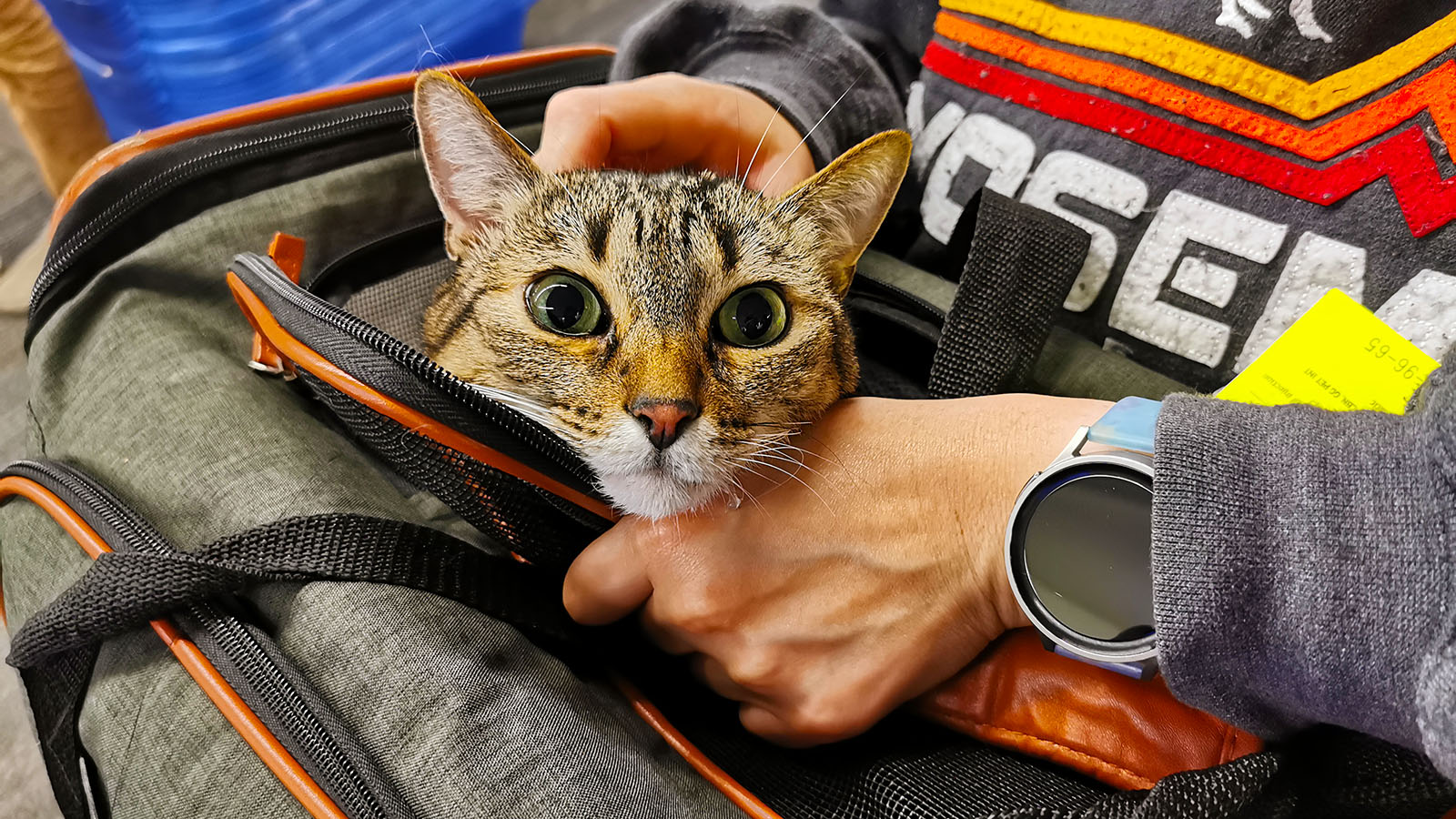
But what do you think about it all? Should pets be allowed on Australian domestic flights? Have your say via the poll and comments section below.
Also read: Different ways pets can earn frequent flyer points
Images courtesy of Alex Coppel for Virgin Australia.
Stay up to date with the latest news, reviews and guides by subscribing to Point Hacks’ email newsletter.
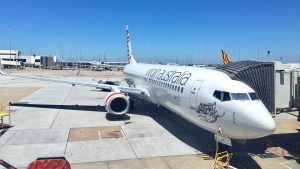
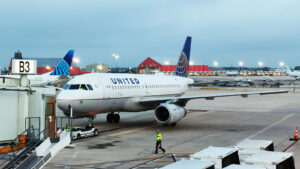
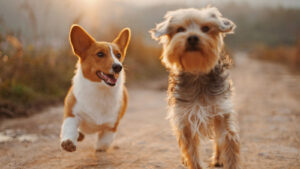



Won’t help most people once they get to destination until car rental companies adopt similar policy.
I used to fly about six return leisure flights per annum before getting our two pups, now we usually have road trip holidays.
It will start as small animal and end up with greyhounds and alike. Just look at living in strata schemes in nsw- any sized dog in apartments that are left inside small spaces to become insane over time , as owners leave them to go to work.
Not all pets smell nice or are obedient. But if its ok for a pet dog or cat then it has to be ok for a bird or a rat.